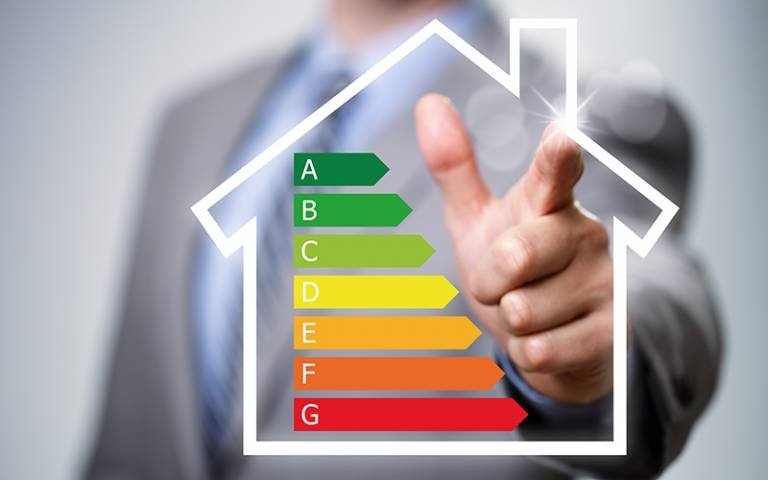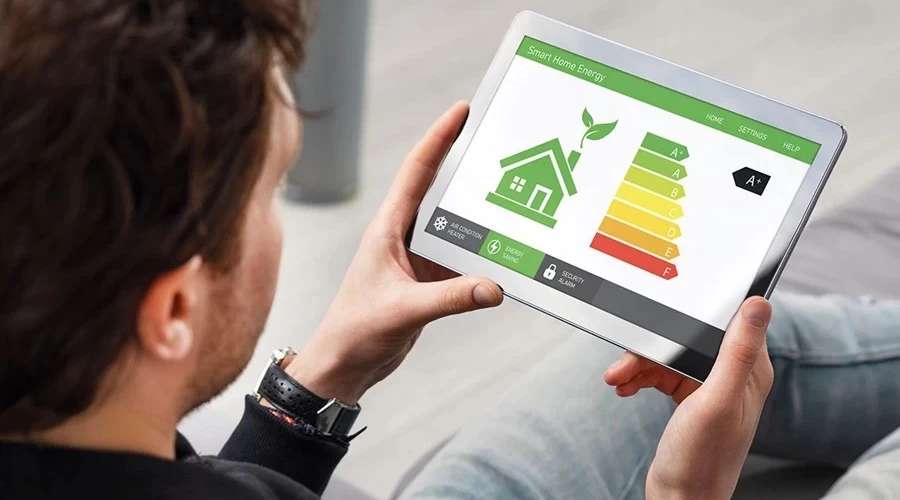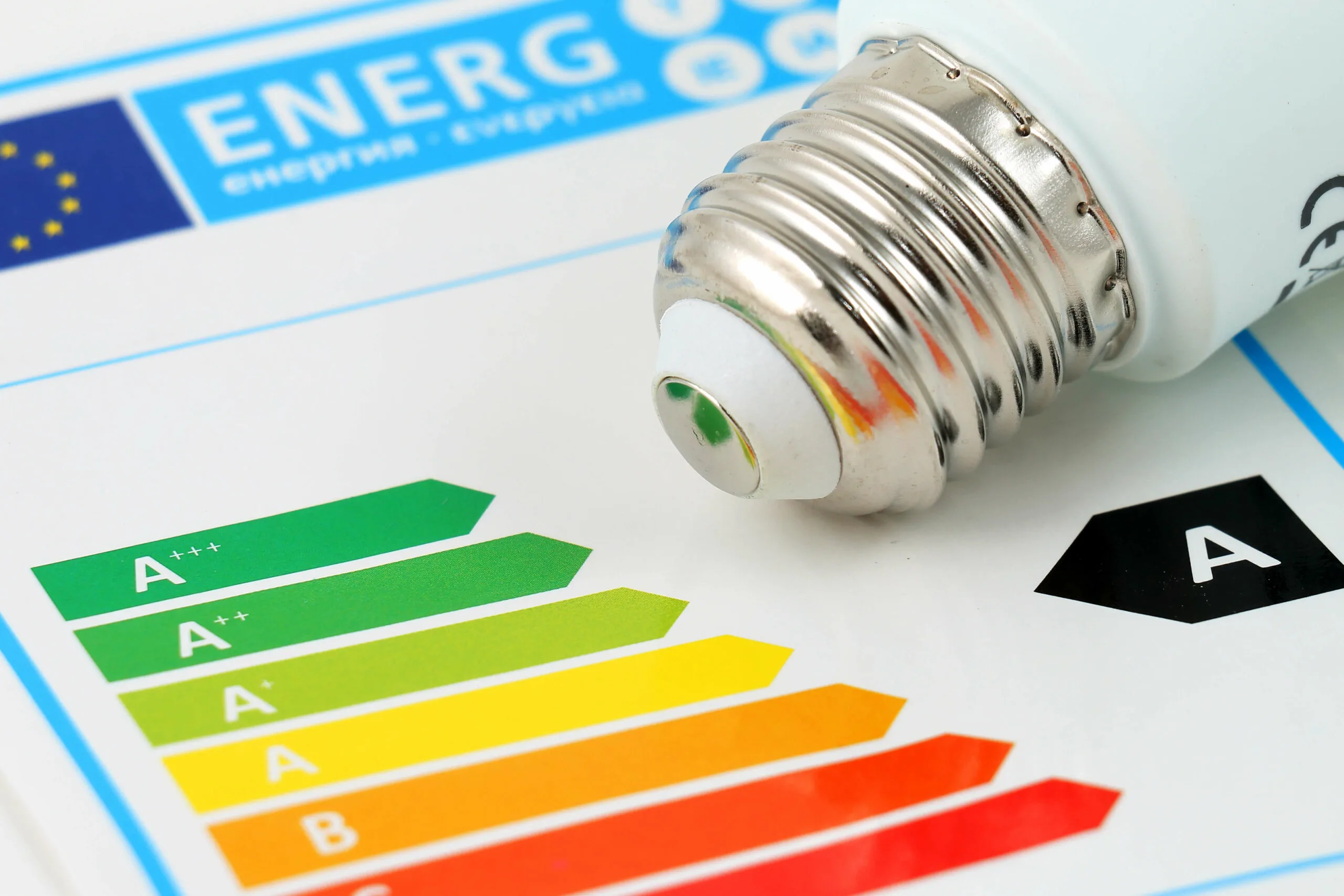- Heating – The heating system installed in your property will have the most bearing on the EPC rating. In addition to noting the size and type of system installed, the assessor will note down the times that thermostats are set to turn the heating on and off and the temperature that each one is set to. It is important to leave each thermostat set to the times and temperatures that you normally use, otherwise the EPC rating will not reflect the true energy performance of your property.
- Lighting – Details of the lighting fixtures in your property will be noted by the assessor, including the number and type of fixtures present in each room. If you have not already done so, it is a good idea to replace any incandescent or CFL lighting fixtures with LED ones as they will help to reduce energy consumption in your property. You could improve the energy rating for your home or commercial premises by a point or two, simply by following this advice.
- Windows – While heating will have the biggest impact on the final EPC rating, windows will play a bit part in the calculations too. Replacing any single glazing in your property with sealed, double-glazed units could help to improve the EPC rating significantly. The extra layer of insulation provided by double glazing makes buildings cheaper to heat in the wintertime because the property will be more energy efficient, which is good for your wallet and good for the environment as well.
- Loft Insulation – This is another important factor in residential properties that the assessor will pay particular attention to. If there is currently no loft insulation in your property, a recommendation to have it installed is likely to be included in the report that you receive. It is estimated that as much as 33% of heat in a home can be lost through the loft if it is not properly insulated.
Other factors that the assessor will include in the EPC calculations include doors, hot water pipe insulation and any renewable energy technology that has been installed in your home or commercial property.



